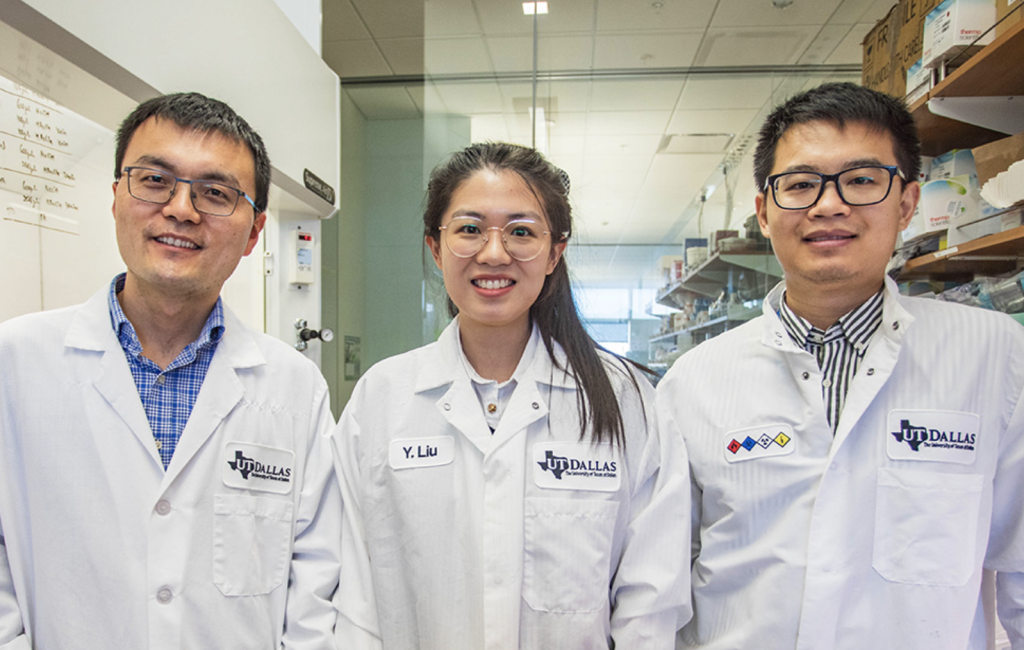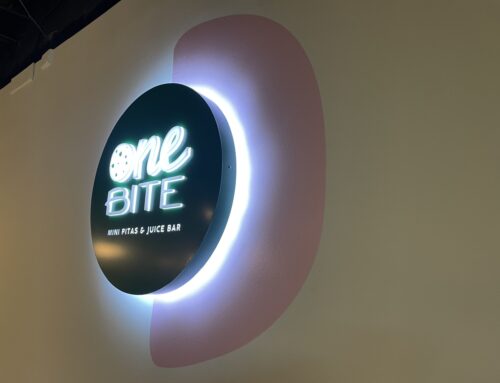
Dr. Zhenpeng Qin, associate professor of mechanical engineering, mechanical engineering doctoral student Yaning Liu and Dr. Haihang Ye, research associate in mechanical engineering, are part of the research team.
Researchers at University of Texas at Dallas, a local branch of the university that serves many Richardson ISD students continuing their educations, have developed a game-changing rapid test for viruses.
In March, Dr. Zhenpeng Qin, associate professor of mechanical engineering and corresponding author of a new study demonstrating the method, called DIgitAl plasMONic nanobubble Detection (DIAMOND), published the work online March 30 in the journal Nature Communications.
Qin and other Dallas entrepreneurs and scientists have launched a startup dedicated to virus detection and ultimately saving lives. I know you fans of The Dropout may be suspicious, but this one’s on the up-and-up.
While the current study focused on respiratory viruses, Qin said the technology can be applied to other viruses, such as those that cause influenza and COVID-19. Researchers also aim to use the platform to identify cancer biomarkers.
“If we can detect pathogens earlier, we should be able to save lives,” says Dr. Haihang Ye, research associate in mechanical engineering and co-co-author of the study. “Our detection is quick, accurate and sensitive.”
The local researchers say their technology is 150 times more accurate than traditional rapid tests and matches the accuracy of polymerase chain reaction (PCR) tests.
Due to COVID, a lot of you actually can wrap your heads around what this means, but essentially, the new strategy paves the way for much faster results than PCR tests, which often take a day or more for results to be determined. In addition, the tests are inexpensive and do not require complex liquid handling or extensive sample preparation.
The test sounds similar to one of the at home COVID tests sent out by the feds, yet the aforementioned article explains it here in greater detail. It also involves lasers.
The technology would need to receive approval from the Food and Drug Administration before it could be made available to the public. The researchers aim to bring the technology to hospitals, labs, drive-thru pharmacies and, eventually, home tests.
Not Thernos, this is the real thing happening right here in our backyard.
The startup, called Avsana Labs works to commercialize the technology, researchers will continue to improve the platform and expand its applications. Qin and his company won the grand prize in a MassChallenge pitch competition for North Texas in January and received $10,000 to help commercialize the technology.





